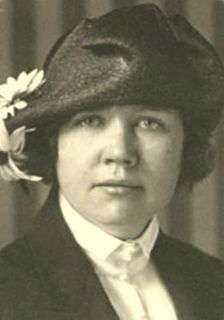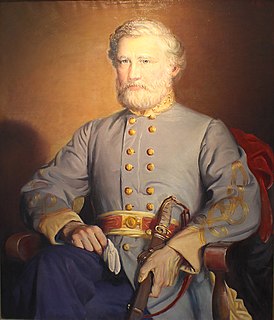A Quote by Peter Straub
Instead, I was interested in what I guess I could call narrative indeterminacy, in questioning the apparent, taken-for-granted authority of any particular representation of the events in question.
Related Quotes
Life is a thin narrowness of taken-for-granted, a plank over a canyon in a fog. There is something under our feet, the taken-for-granted. A table is a table, food is food, we are we - because we don't question these things. And science is the enemy because it is the questioner. Faith saves our souls alive by giving us a universe of the taken-for-granted.
When an individual is taken into custody or otherwise deprived of his freedom by the authorities in any significant way and is subjected to questioning... He must be warned prior to any questioning that he has the right to remain silent, that anything he says can be used against him in a court of law, that he has the right to the presence of an attorney, and that, if he cannot afford an attorney one will be appointed for him prior to any questioning if he so desires.
If you're just addressing your own emotions and challenging yourself to find some sort of harmonious sense of being in life and questioning authority and questioning what's given and questioning what's expected of you, you're already on the cusp of finding something in yourself, and maybe waking something in somebody else.
Do not personally give any more conscious consideration, either of you, to events that you do not want to happen. Any such concentration, to whatever degree, ties you in with those probabilities, so concentrate upon what you want, and as far as public events are concerned, take it for granted that sometimes even men are wiser than they know.






































